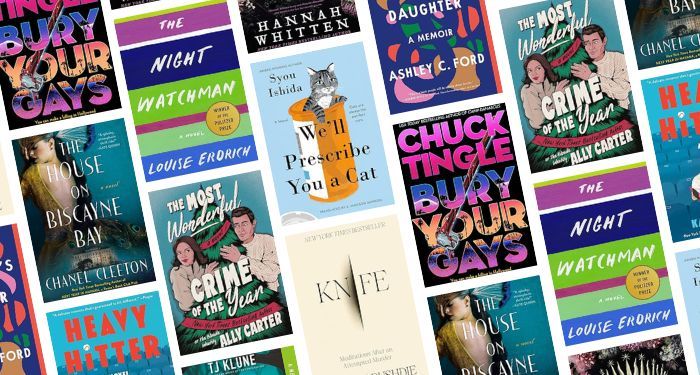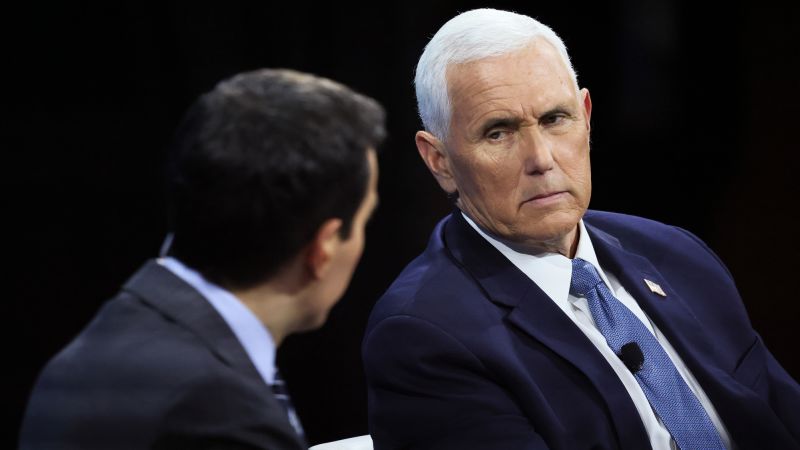I attended my first Toronto International Film Festival in 2006. At a midnight screening on the city’s then-Ryerson University campus, Sacha Baron Cohen showed up — on a horse — for the premiere of Borat. Twenty minutes in, the projector broke. Michael Moore climbed over seats to try to fix it. “What on earth is happening here?” I remember thinking. Cohen then got up and did 45 minutes of stand-up — in character. The projector was never fixed. No one cared.
That was my introduction to awards season. The tuxedos? The champagne glasses? The stilted debate over which British actor best inhabits the royals drama and other supposed trappings of the season? Well, OK, they were a part of it, too. But nearly two decades later, this Borat moment is the film-festival memory that sticks with me. A moviemaking wacko with a vision, adjusting on the fly when the winds weren’t blowing his way.
Several weeks ago, I interacted with a different filmmaker at another fall festival.
The Iranian director Mohammad Rasoulof has made a movie called The Seed of the Sacred Fig. Rasoulof has served significant jail time in Iran simply for making a movie critical of the regime. No one would confuse Rasoulof with Sacha Baron Cohen. Cohen played a foreign dictator. Rasoulof has suffered under one.
Still, Rasoulof kept on making movies, including earlier this year, when he gathered actors at secret locations in Tehran to clandestinely film his latest script, then slyly integrated real-life footage from the Women Life Freedom protests of 2022 to give it an extra jolt of reality. When Rasoulof learned right after production that he was facing a potential eight-year jail sentence, he decided it was too dangerous to stay in his native country.
Connecting with dissidents he met in prison, he plotted an escape path. He was able to get into an unnamed neighboring country, then sought asylum in Germany. He edited his film all along his route. (You’ll hear more of Rasoulof’s story in a future issue.)
For all the ways Rasoulof is not a slyly profane British comic, sitting in a restaurant near the New York Film Festival as he nonchalantly described his hair-raising flight from the IRGC, I couldn’t help flashing back to my Borat experience from TIFF all those years ago. Yet again, a moviemaking wacko with a vision, adjusting on the fly when the winds weren’t blowing his way.
Because, at the risk of sounding just a tiny bit grandiose or Oscar-nerdy, doesn’t that describe all of Hollywood? Whatever any of us is doing in this industry — or, really, any industry — isn’t that the lodestar? We have an idea. And we’ve got to carry it forth no matter what obstacle, big or pesky, gets thrown in our path.
I’d like to think that concept animates the awards coverage you’ll read in these pages over the next three months — stories about really bold ideas, trying to hatch into a world doing its best to push them back in the egg. In this issue, for example, you’ll hear about the inspired lunatics who built prosthetics for Demi Moore in her artsploitation instant classic The Substance.
You’ll learn how one of the most versatile people picking up a camera today, Sean Baker, executed a vision in the world of escorts and gangsters in Brighton Beach, Brooklyn, with Anora, which has a 28-minute set piece that goes from funny to violent so fast, you’d swear someone broke into the theater and drugged you.
You’ll hear how a theater kid from Columbus, Ohio, Cory Michael Smith, ended up on the big screen as 1970s-era Chevy Chase. And more in that spirit of daring.
If that all sounds a little cringey, don’t worry, we’ll have some fun, too. Like, all that clapping at European film festivals that gets tracked like they’re your A1C results — does it actually mean anything?
Also, wondering if Conclave could, like, really happen? We’ve got the world’s biggest Vatican experts to tell us, part of a regular voyeuristic feature we call The Watchers.
We’ll also be running a regular item this season titled “The Snub I Can’t Get Past” (see sidebar), in which entertainment personalities tell us about that Oscar oversight that still makes their hair stand on end. We all have one. (Mine’s Hoop Dreams. The thing practically invented a new art form and didn’t even get nominated.)
In this issue, you’ll also hear from some TV people. The Penguin’s Colin Farrell breaking down the Batman Universe as only he can. Kristen Bell talking about how she prepped to date a rabbi in Netflix’s buzzy Nobody Wants This. Hannah Einbinder dissecting the Talmud-level comedy of stand-up in the special Everything Must Go.
I know it’s easy to roll one’s eyes at awards. The endless self-congratulation, the designs on our Saturday nights, the scrutinizing over which piece of entertainment meets some arbitrary set of criteria as if the fate of the republic hangs in the balance. The presidential election? That’s stakes. Awards? That’s fluff.
Yet surely there’s a reason millions of us follow this stuff so closely; surely it matters in some way. I think it just may come back to my TIFF and NYFF experiences. Awards season is an attempt to grab all of that Boraty, Rasoulofy, slightly nutty spirit — “no one in their right mind would actually try to pull off that” — and stuff it into a bottle for the world to drink in.
Corralling all these people in a room isn’t just so a bunch of egos can tell each other job well done. It’s to reassure us that the human tendency to push through obstacles is alive and well.
Because watching these stories onscreen is fun. Hearing how they got there? That’s very nice.
This story first appeared in a November stand-alone issue of The Hollywood Reporter magazine. To receive the magazine, click here to subscribe.



























































